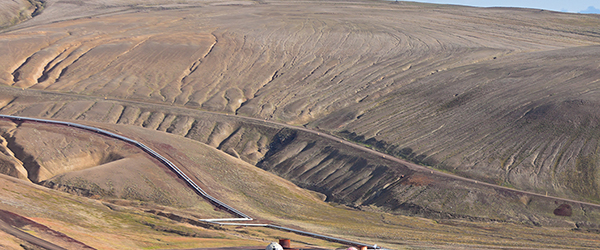
On occasion, when explaining how to set up SSH’s public key authentication system, I am asked which is better, RSA or DSA keys.

On occasion, when explaining how to set up SSH’s public key authentication system, I am asked which is better, RSA or DSA keys.

I build products for a living. Often when I visit a Stratus customer, I’m asked a question of the form “Do you support left-handed widgets?”

Noah Davids, Support Engineer at Stratus discusses how application performance is affected by the network, the TCP stack and the application’s design.

The “netstat –interval X” command in releases prior to 17.0 will display a list of network connections every X seconds but you have no idea which if any of those connections are active or how active.

The performance of applications that use cross module or cross system communication is dependent on having the correct number of OSL server processes running.

Recently I dealt with a site that appeared to be having an issue with the link between their module and one of their Ethernet switches.

TCP Backlog capture is an effect that prevents a server application on the Stratus module listening on port X from successfully creating a connection with any client trying to connect to port X.

This talk will explain under what conditions it is safe to stop running the telnetd server and describe several approaches to prevent unwanted access to the module, via telnet, when it is not safe to just stop the telnetd server.

Starting with OpenVOS 17.1, STCP supports the time stamp, selective acknowledgment, and window scaling TCP options.

STCP has had duplicate IP address detection for quite some time but a change to how Microsoft Windows 2008 and 7 behave has added an interesting wrinkle.